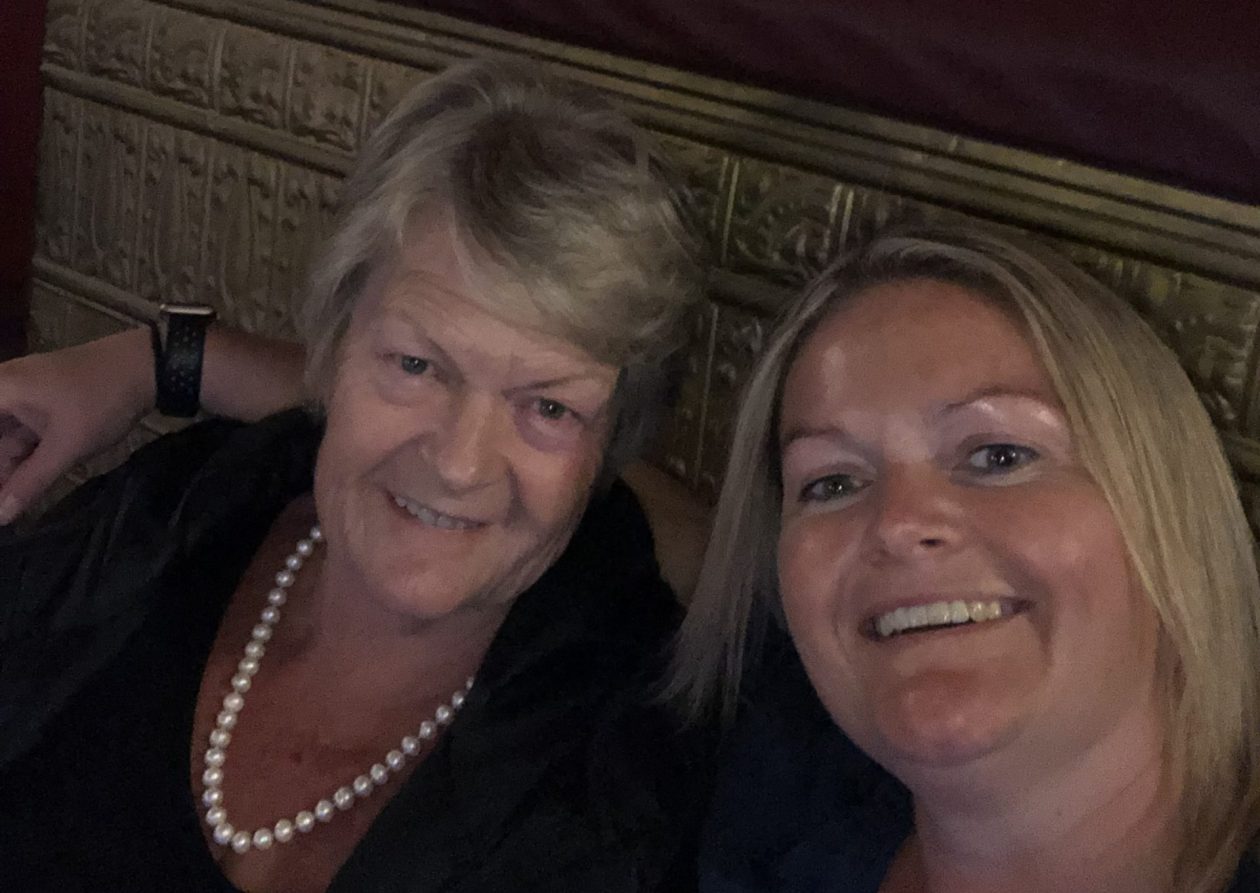Jendi’s story

When Jendi Paterson’s mum, Shirley, was diagnosed with dementia, she thought they’d be able to count on support.
“At first, Mum got wonderful care from Alzheimers Otago,” Jendi said. “But as her dementia progressed, the help stopped. Not because they didn’t care—but because there just weren’t the resources. “Our local Alzheimer’s organisation is incredible, but their hands were tied,” Jendi says.
“They did everything they could with the little they had, but it simply wasn’t enough. These organisations are being forced to do crisis care on crumbs. That’s not on them; it’s on the system.”
Jendi’s Mum is now in full-time care.
“The transition to full-time care was the hardest decision we’ve ever had to make,” Jendi says. “No one prepares you for the emotional toll of it – the guilt, the grief, and the relief all mixed together.”
Jendi’s words cut to the heart of the issue. Families like hers are being asked to carry an overwhelming burden. Dementia is not a future problem. It’s here now. And it is stretching families and community services to breaking point.
Right now, more than 83,000 New Zealanders are living with dementia and three more Kiwis are diagnosed with dementia every hour. In the years ahead, that number will more than triple. Yet government funding for dementia services is desperately inadequate. That means too many families, like Jendi’s, are left to struggle alone.
For Shirley and her family, the reality of dementia is exhausting and relentless. Jendi works full-time, lives away from her parents, and travels often for work.
“As a family, we’re fortunate—we have each other, and we lean in. But I know how incredibly hard and lonely it must be for those who don’t have that. I wrote to my local MP and to Ministers, but all I got back was a fob-off letter. So, as a family, we agreed: we can’t rely on Government. We have to fend for ourselves.”
No family should have to fend for themselves. But too many are forced to. Alzheimers NZ and the local Alzheimers organisations across New Zealand are working hard every day to:
- Walk alongside families through the shock of a diagnosis.
- Provide trained dementia advisors who listen and guide.
- Run support groups that reduce isolation and stress.
- Deliver therapeutic programmes and education to help people live their best possible lives.
- Raise awareness to break down stigma.
But right now, these services simply cannot meet demand. For example, in Wairarapa—the only dementia service in the region receives no Government funding at all. That means families must depend almost entirely on the goodwill of donors and volunteers.
Despite everything, Jendi treasures her time with her mum.
“Mum still has her spark and wicked sense of humour. She lights up with music and connection. These moments remind me why we do it—it’s love. But it is so hard. And I worry about the families who don’t have what we have. Families need support.”
That’s what your gift provides—support, compassion, and hope. No one should face dementia alone. Not Shirley. Not Jendi. Not the 83,000 Kiwis already living with this condition—and not the many thousands more who will be diagnosed in the years to come.

